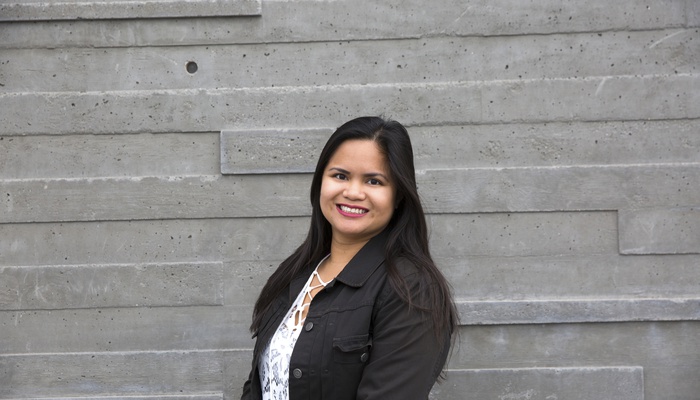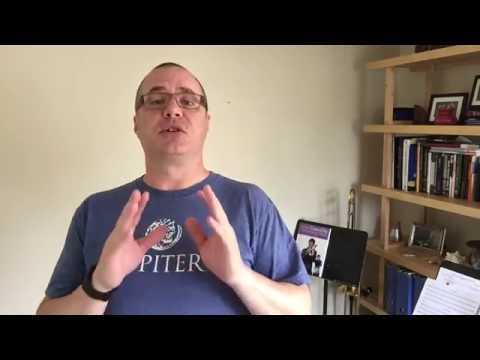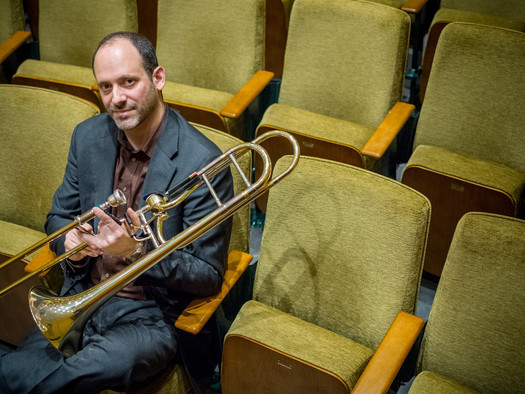If you teach older students in your private studio, you might have noticed the same thing that I have: these students often want to be perfect. While I first noticed this in some of my adult students, I’ve observed it in some of my teenaged students, too. And I don’t think us teachers are immune to the allure of perfection. While striving to perform “perfectly” is a nice concept, its execution can be crippling and counterproductive. How many times have I been less productive and creative as a musician and a teacher because I was focused on having every single duck in a row? As I’ve gained more experience, I’ve learned that part of being a good private music teacher is understanding that some students have a hard time embracing their own imperfections.
Learning Something New Makes Us Vulnerable
Can you remember back to when you first learned how to sing or play your primary instrument? Many music teachers started their musical careers at a young age; I know I did. And kids tend to have fewer expectations for themselves than adults do when they’re learning something new. A few of your students may think that since they’re older, with larger hands and better motor control, they should be able to master an instrument much faster than a child. This mindset can create frustration when they struggle with certain aspects of their performance and believe that they should already be competent. Some students might be concerned with feeling like they’re being evaluated or assessed during the lesson. Playing in front of you, whether it’s a warm-up or a run-through of an etude or song, causes anxiety. They’re worried about making mistakes and apologize if they happen. Other students have a hard time seeing any progress or improvement in their playing and express their concerns out loud, overlooking the good work they do on a weekly basis.
Getting Comfortable with Imperfections
None of these concerns are mutually exclusive, and they’re not unique to adult students. I am sure that you have encountered students who display any or all of these feelings in the past. It’s important to remember too, as teachers, that all of these feelings are valid. As music teachers, let’s commit to making sure that our students feel safe. After all, we’re asking them to be vulnerable during our time together! Focus on your student’s excitement and interest in learning something new. Find ways to keep them motivated and ready to learn. When students are engaged in the lesson or the material, it’ll be easier for them to keep their mind off of self-assessment. Provide realistic expectations for your student’s progress and help them reframe how they see their current status as musicians. As we know, learning any new skill takes time, patience, and practice. Reconnect with how you felt when you started playing music and share those experiences with your students. Help them know they’re not alone.
Reflection and Reframing
The biggest tool in my arsenal is positive self-assessment and reflection. I find that these tools help students reframe the way they view their own progress. At the end of a lesson, I often ask my students to share three specific things they improved on, felt comfortable doing, or did well. These can be anything as broad as “strumming was easier this week” or as specific as “all the strings of my D major chord rang out clearly.” I then ask them to share one or two specific things they would like to continue to improve before the next lesson and, when appropriate, how they can focus on them while they practice. Again, these can be broad or specific concepts. During this exercise, I always keep the emphasis on improvement and getting better, not harsh self-criticism. The goal is to help my student self-assess and understand each lesson as one point of time in the context of their overall musical journey. While they may not immediately see the rapid progress that they’d like, comparing their playing to the previous week’s can help.
Originally published on Leading notes http://www.leadingnotes.org/
About the Author
Justine Dolorfino is a private music teacher who works with students online and in the San Diego, CA area. She has a B.A. in music and psychology from Kalamazoo College and an Ed.M. in music education from Teachers College. In addition to her work as a private teacher, she also works as a freelance online marketing consultant and plays bass professionally.
The content of this Blog article or Banded Story is the intellectual property of the author(s) and cannot be duplicated without the permission of KHS America and/or the author(s). Standard copyright rules apply.





 We look forward to the evolution of this exciting program, and welcome feedback on how we can further enhance the work that you do in music education.
We are excited to offer your program the opportunity to join the KHS America Academic Alliance today.
We look forward to the evolution of this exciting program, and welcome feedback on how we can further enhance the work that you do in music education.
We are excited to offer your program the opportunity to join the KHS America Academic Alliance today.